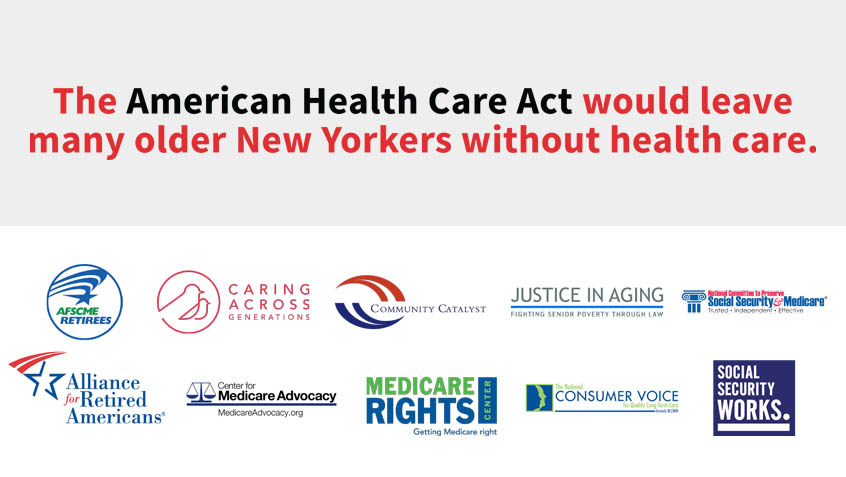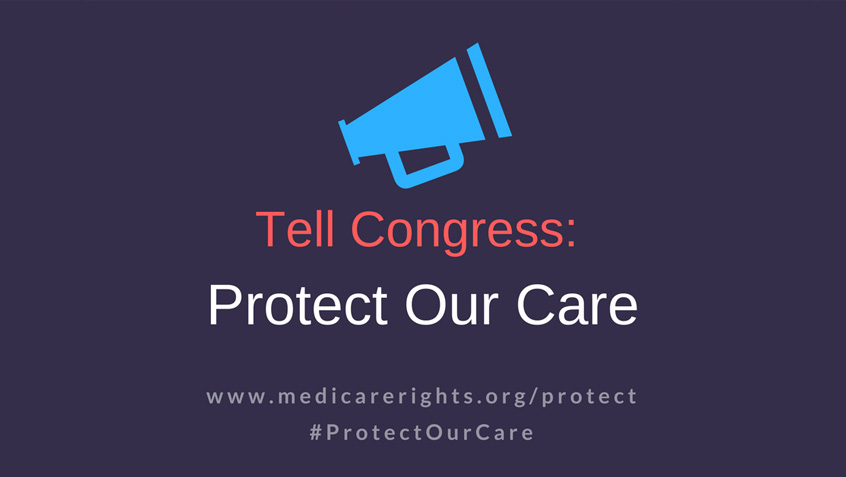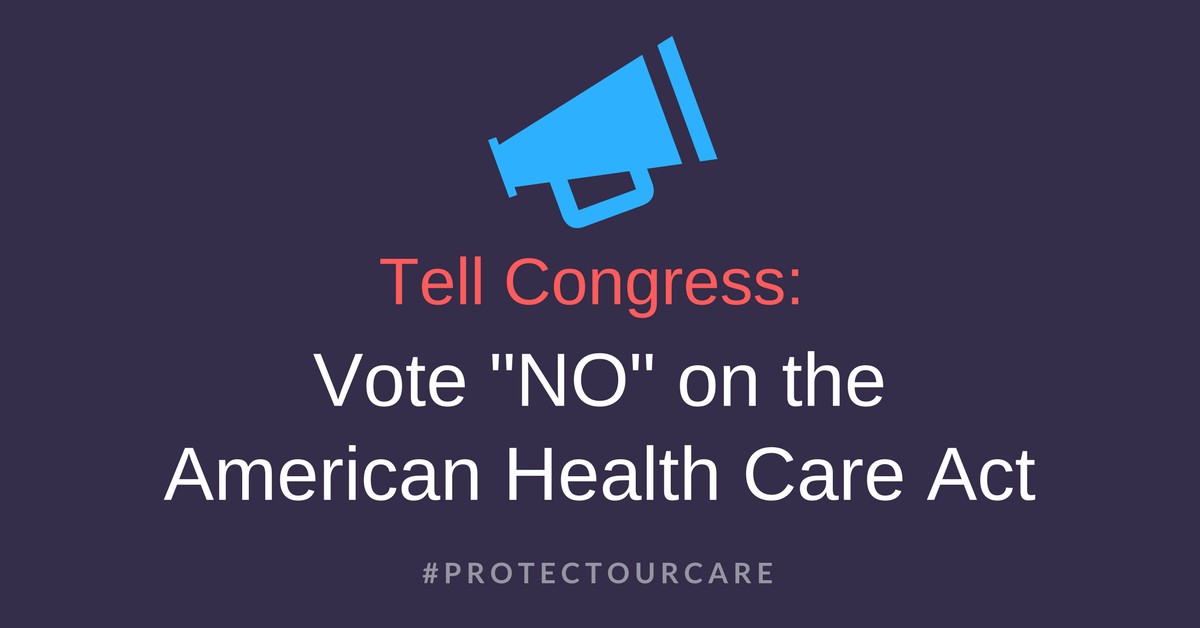
How Medicaid Per Capita Caps Would Affect Low-Income People with Medicare
The Kaiser Family Foundation (KFF) recently released an issue brief highlighting what a Medicaid per capita cap could mean for people with Medicare who have low incomes. Through the American Health Care Act, some policymakers propose capping what the federal government pays for Medicaid benefits—effectively undermining the program’s basic promise and guarantee.









